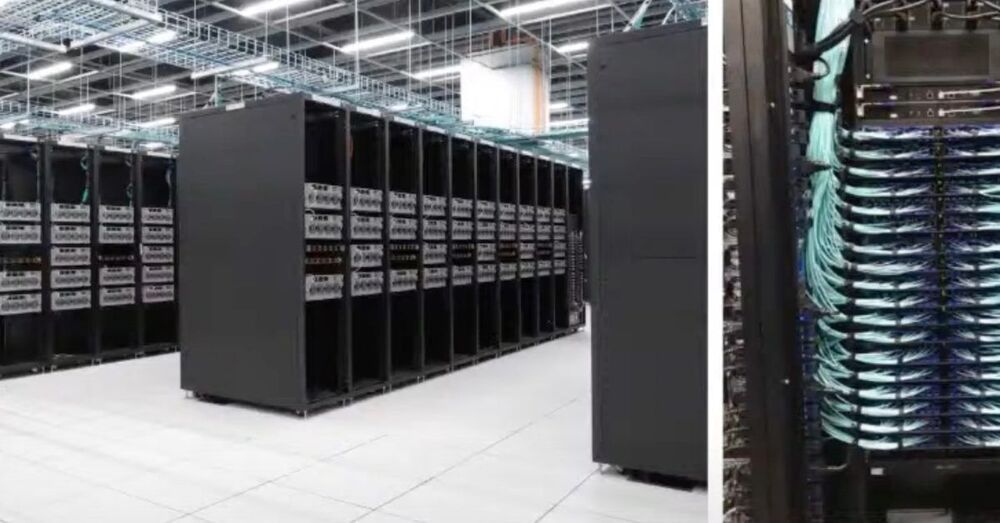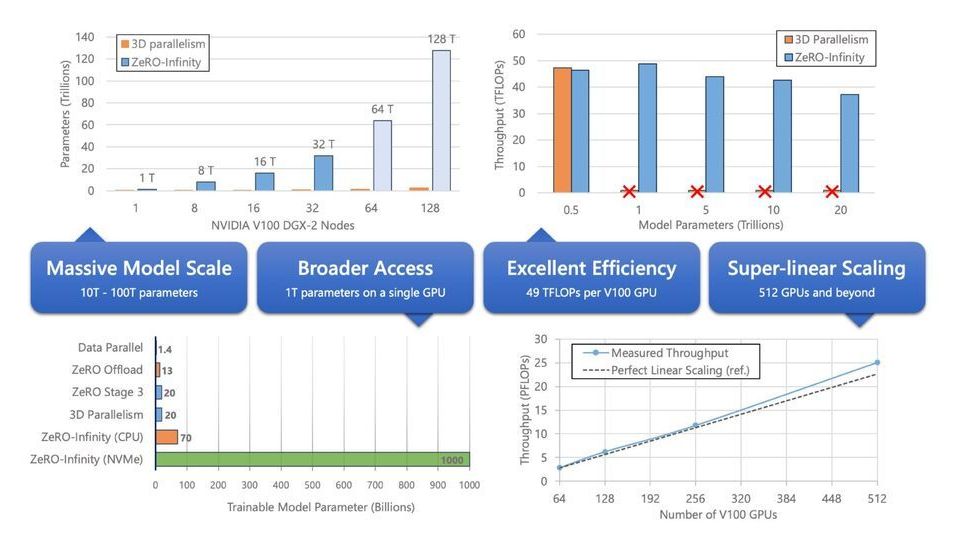Circa 2020 o.o…
Google’s Sycamore used to be the world’s fastest quantum computer on the planet, with 54 cubits of quantum computational power. Google declared Quantum Supremacy with Sycamore in October 2019 by running a calculation in 200s that would have taken the world’s fastest supercomputer 10000 years the execute. (in case you’re wondering; Quantum Supremacy is when a quantum computer can complete a task that no supercomputer could achieve.)
The research team at the University of Science and Technology of China ran a similar simulated comparison to its quantum calculation. China’s top quantum computer, dubbed Jiuzhang, completed a calculation in 3 minutes that would have taken TaihuLight, the country’s fastest supercomputer, and third fastest in the world, 2 billion years to complete.
Google and China did not run the same calculations on their systems, so a direct comparison is impossible, but the research team estimates that its quantum computer is 100 trillion times faster than Googles.








